|
I remember when I told my father my new job would be as a Research Assistant for an EU commissioned project at RCSI, his pride was palpable just from the expression on his face. As an aspiring researcher who just graduating with a bachelor’s degree in Psychology, I too saw this new job as a valuable first step, the opportunity you are always told about. So, I decided on a plan of action: I would follow a strict methodology, one that would yield the most objective results and therefore the best scientific data.
0 Comments
Human Resources for Health has just published my first scientific article about something very important in Global Surgery. I would like to tell you the story about how I got involved. When I found the project I want to tell you about I was looking for a research assignment to work on to expand my understanding of public health. At the first meeting the principal investigator asked me how much I knew about global surgery. I remember, vividly, looking at him the same way I used to look at my biochemistry textbooks —lost and perplexed. A 2014 World Bank study showed that sub-Saharan Africa increased the quantity and quality of its research output in the past 20 years. However, taking a deeper look at the numbers, we find out that sub-Saharan Africa produces less than 1% of the published world’s research. But, why? Dr Benson Harrison at RCSI main building in Dublin. Photo: RCSI_COSECSA. On the 14th of February, Dr Benson Harrison Lyimo, general surgeon at Arusha Lutheran Medical Centre in Tanzania, received the Gerald O’Sullivan medal, awarded to the top of the class of the College of Surgeons of East, Central and Southern Africa (COSECSA) Fellowship exams.
Behind every academic paper there is a story. A story that motivates people to want to know more about, and better understand a specific reality. SURG-Africa is working with Dr Bip Nandi and his team on their study on how consent forms for surgical procedures are understood by patients in Malawi. Taking advantage of meeting at the 20th COSECSA Scientific Conference & AGM last December in Kampala, we decided to ask him a few questions about his research so far. When people asked my mum what I was doing for a living, she had serious problems answering. It has been always a bit like this; it is nothing new. The title Communication Specialist is so broad and, at the same time, so vague, that for someone flirting with her 70's, it requires a massive effort to understand its meaning. 'Are you willing to travel to Africa as part of your job?', asked Prof Lavy during my interview. Before he had the chance to finish his question, I had already said 'Yes'.
Growing up in Morocco, I knew I was African, but I didn’t feel this part of my identity for a long time. It wasn’t until I entered the Global Surgery field and started having a Global vision of the world that I realized how much I had in common with people from other African countries. One can easily lose track of Prof Ruairi Brugha’s academic titles (MB, BCh, BAO, MD, FFPHMI, MSc, DCH, Dip Obs, Dip Humanities) when reading his bio. They are the result of more than 40 years dedicated to investigate and to improve public health.
Next month, Prof Brugha, current Head of Department of Public Health and Epidemiology at RCSI, will be saying good-bye to his department colleagues and will depart to start a new adventure somewhere else. Before that happens, we have interviewed him and asked a few questions about his career. I imagine most people not familiar with Africa would be hesitant about taking a bus across borders. When calling the number I pulled of a website that seem developed in the 90’s and bought a ticket for a 6 hour drive from Nairobi (Kenya) to Arusha (Tanzania), that hesitation was not exactly quelled.
|

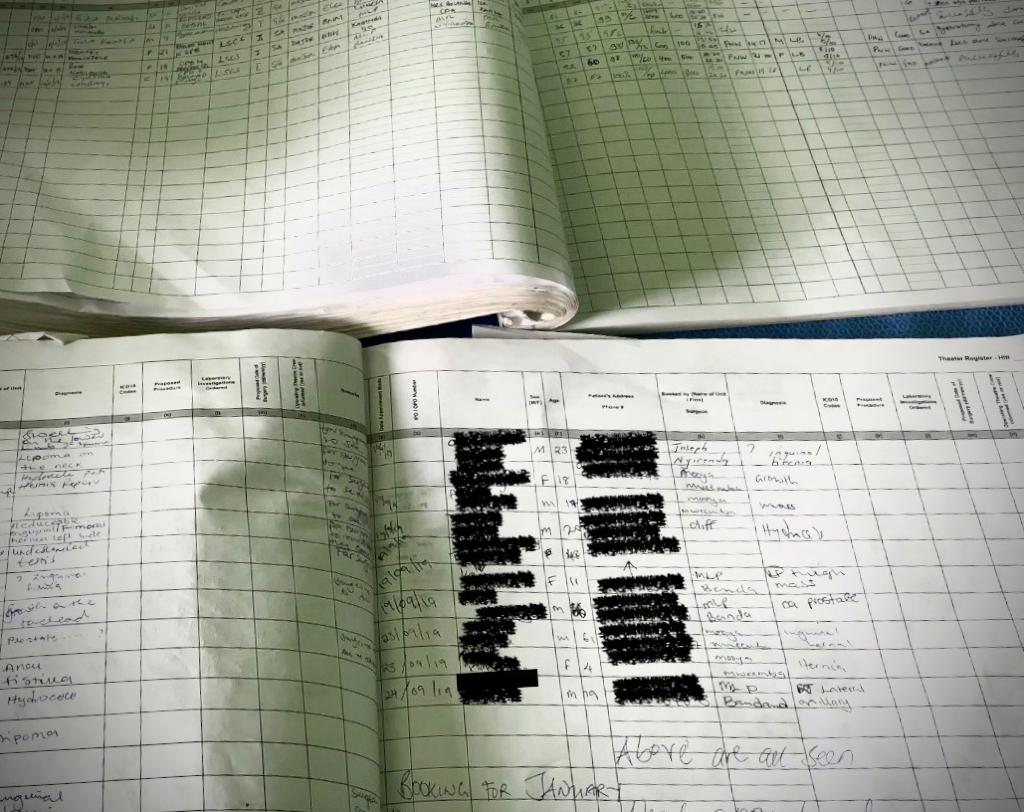
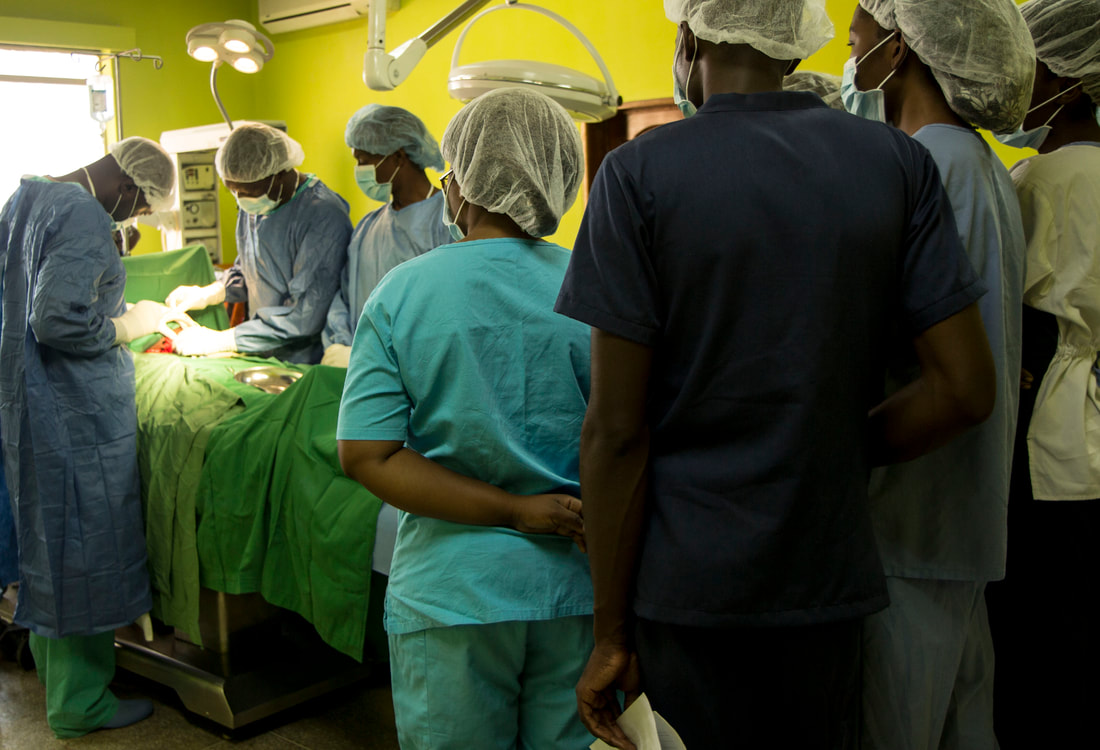
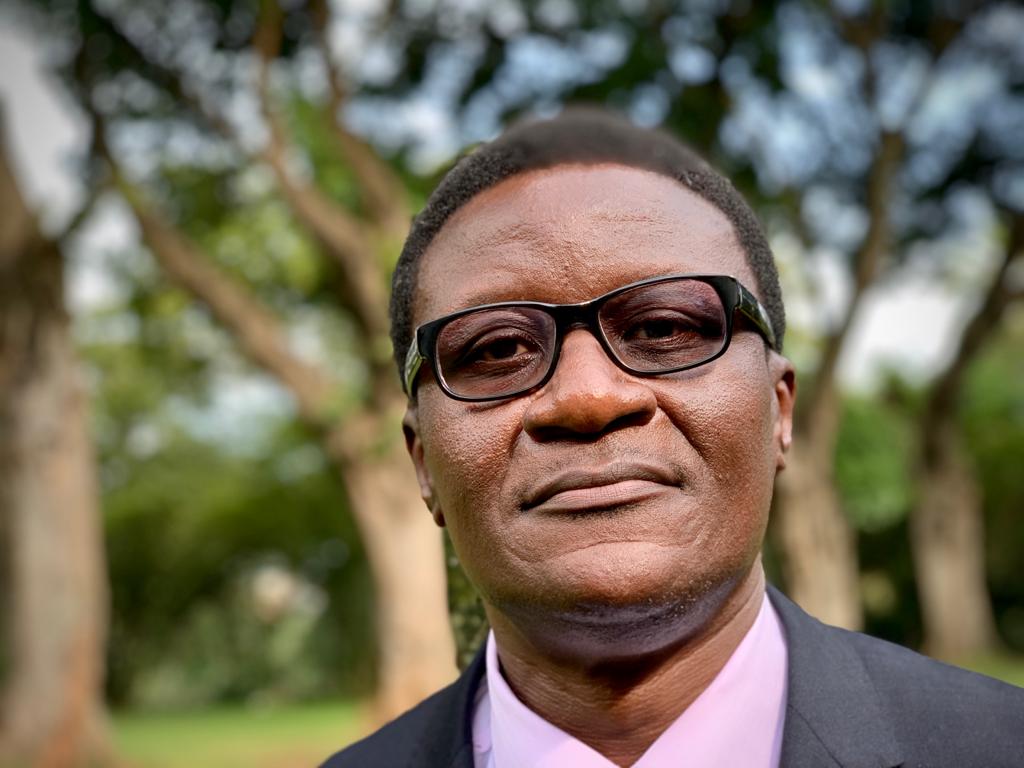
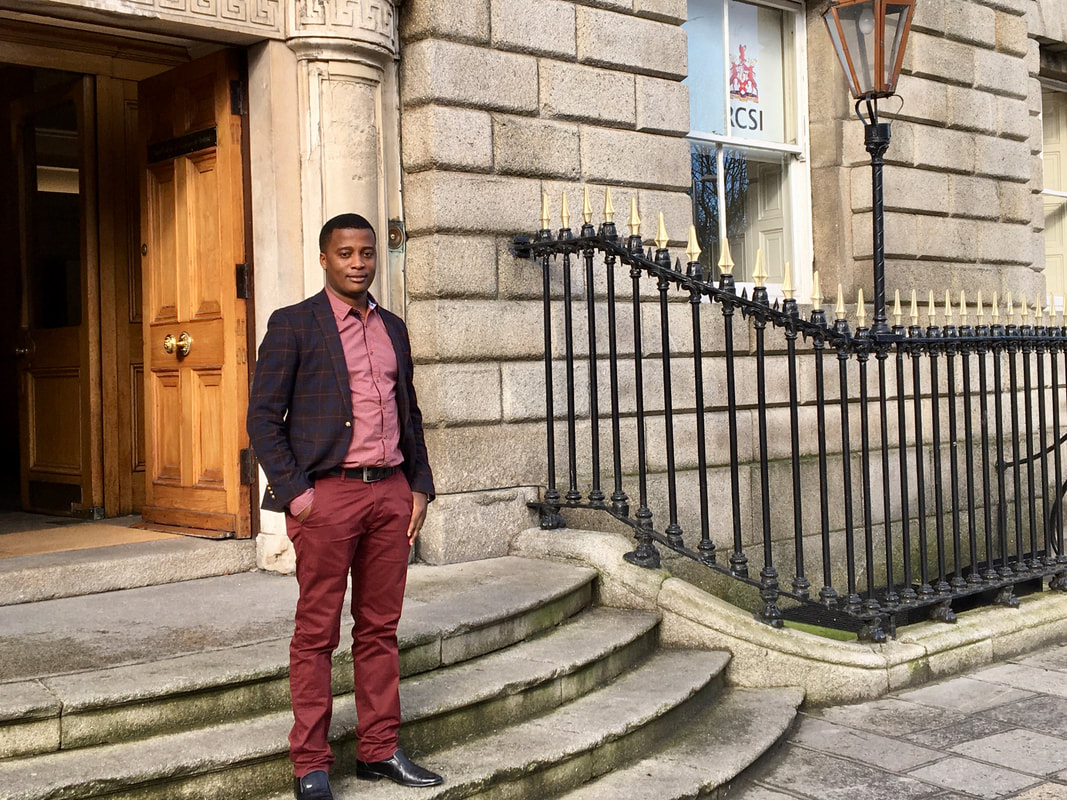
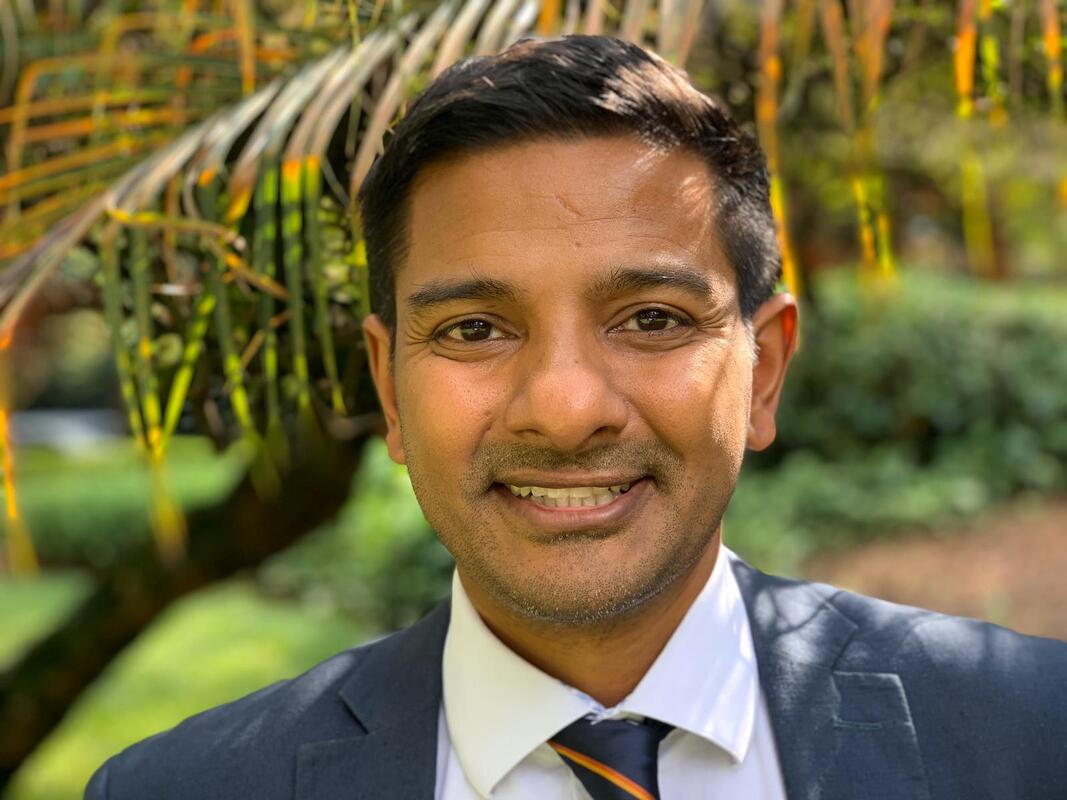
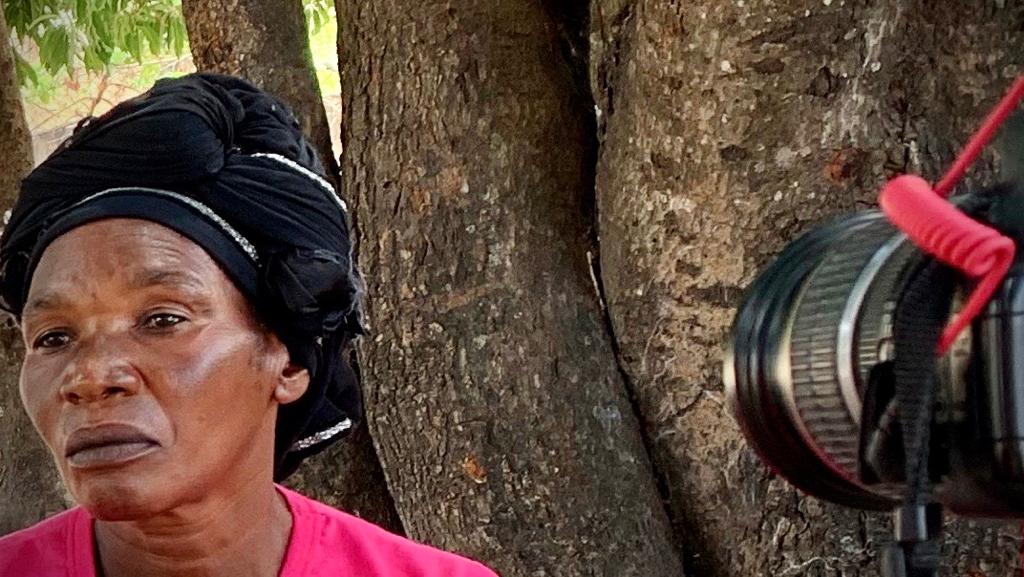
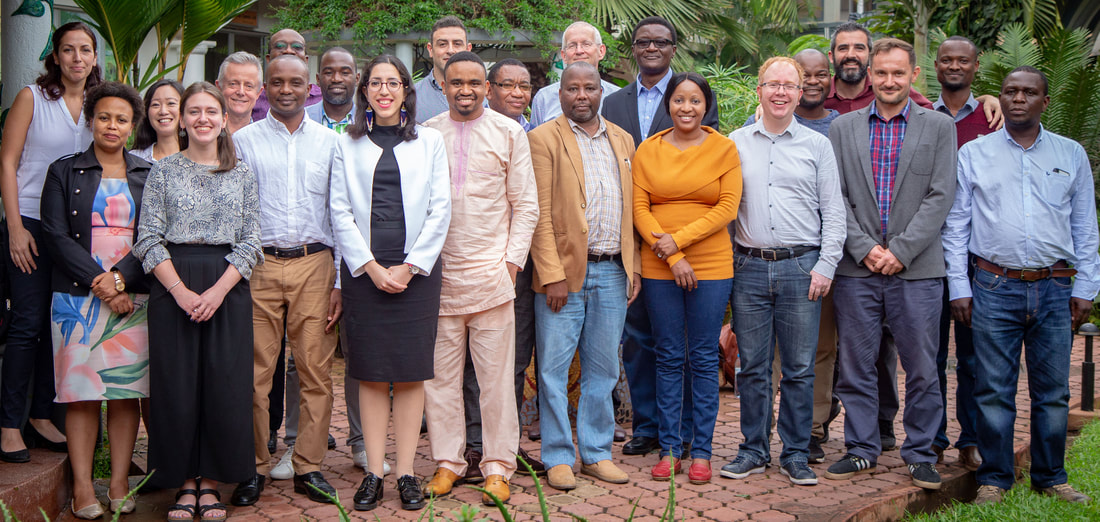
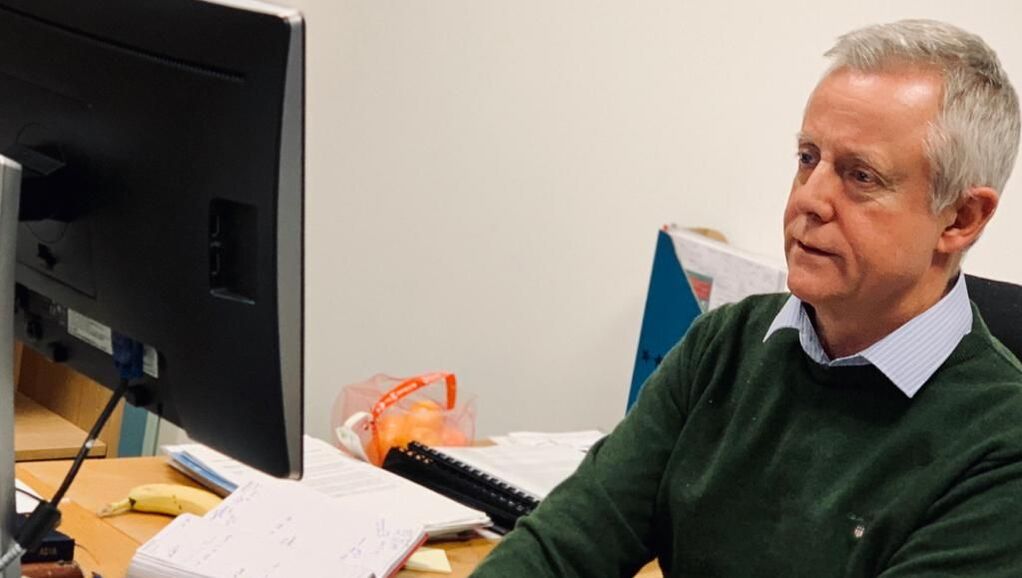
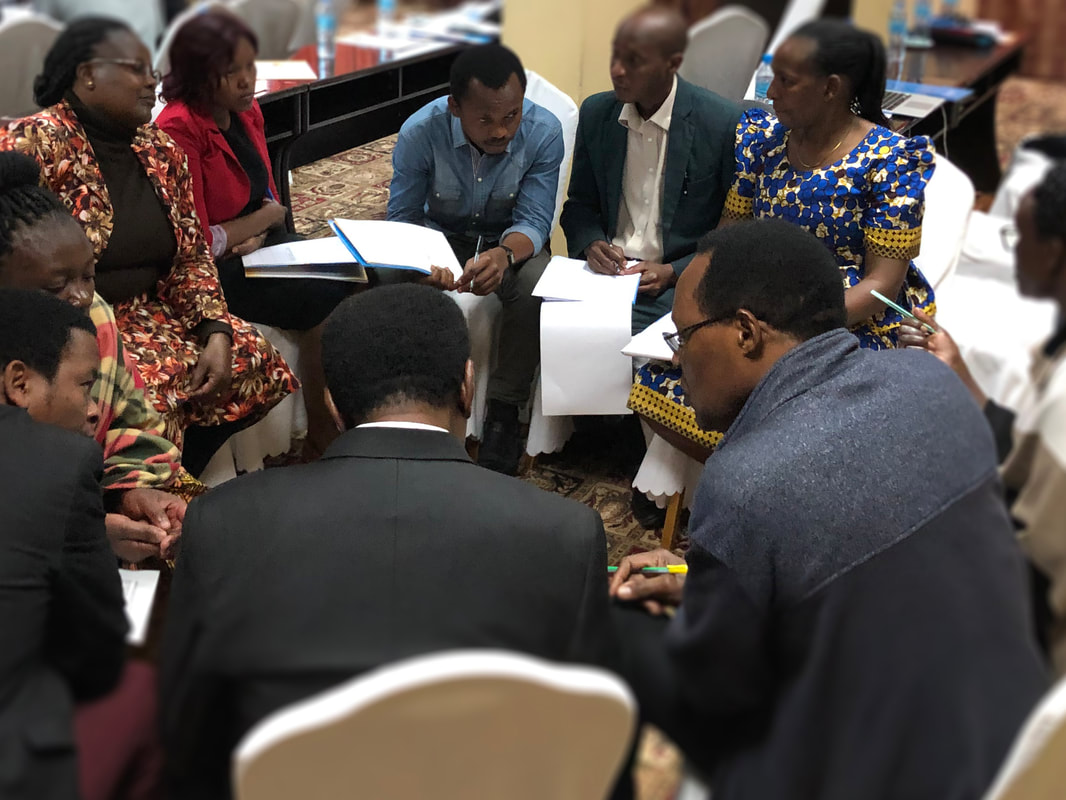
 RSS Feed
RSS Feed